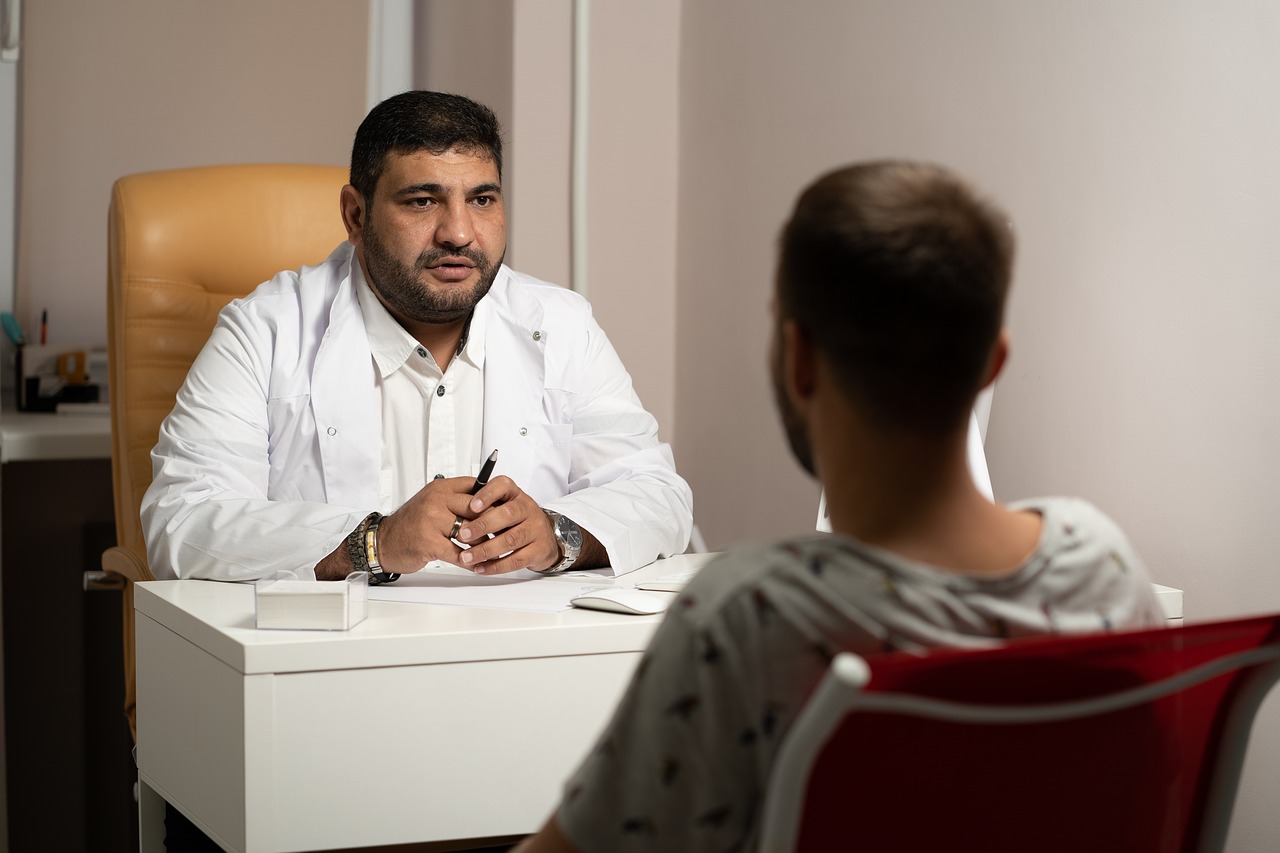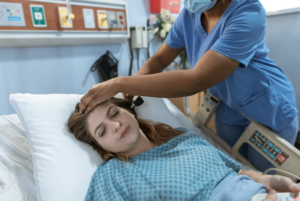Your Road to Recovery: Choosing the Best Rehab Center for Your Needs
Congratulations, you’ve found a page where you’ll finally learn how to get the help you need. As reported by experts in the National Survey on Drug Use and Health, we have around 19.7 million Gen Z and Millennials aged 12 years or older who are actually in need of substance abuse treatment in 2017. Sadly, only 1 out of 4 people who needed treatment actually received it. If you’re someone who’s been struggling with substance abuse, understand that you’re not alone.
It’s a long and difficult road to recovery, but it’s worth it. In fact, you need to keep in mind that there are rehab facilities in Sydney and other places on Earth that can help you through this journey. These Rehab Centres Sydney have trained professionals and the resources to help you achieve a long-lasting recovery. But of course, you might be wondering how to choose the best rehab center for your needs. The first step is to understand your options and your addiction. What’s more? Keep reading to find out.
Check the Accreditation and Licensing

When looking for a rehab center, the first step is to check its accreditation and licensing. This will help you find a facility that fully meets industry standards and regulations, providing high-quality care in a positive and safe environment. Accreditation from reputable organizations signifies that the center has undergone rigorous evaluations to ensure it adheres to best practices in addiction treatment.
By choosing a licensed rehab center, you can have peace of mind knowing that the staff members are qualified professionals who follow ethical guidelines and provide evidence-based therapies. Licensing also means that the facility complies with state regulations regarding safety, cleanliness, and patient rights. Checking for accreditation and licensing is essential in ensuring that you receive high-quality care during your recovery journey.
Evaluate Treatment Approach
When looking for the best rehab center for your needs, evaluating the treatment approach is crucial. Each facility may have a different philosophy on how they treat addiction or mental health issues. Some facilities may focus on holistic approaches, incorporating alternative therapies like yoga and meditation into their programs to promote overall well-being.
Others may take a more traditional route, utilizing evidence-based practices. These can range from cognitive-behavioral therapy to medication-assisted treatment. It’s essential to consider what type of treatment resonates with you personally and aligns with your recovery goals.

Review Staff Qualifications
The expertise and experience of the professionals can greatly impact the quality of care received during recovery. So, be sure to look into the backgrounds of therapists, counselors, and medical personnel at the facility. Check if they are licensed in their respective fields and have relevant certifications. This ensures that you will be under the care of knowledgeable individuals who adhere to industry standards.
Qualified staff members should also possess empathy and understanding towards those struggling with addiction. Their ability to connect on a personal level can enhance the therapeutic relationship and support your journey toward sobriety.
Explore Amenities and Environment

Last but not least, I want you to picture yourself surrounded by serene nature or modern facilities – whichever setting resonates with you most. Since you’ll be in the facility for a certain period, why don’t you find a facility that has all the amenities you need. Consider whether the center offers activities that align with your interests and promote holistic well-being. From yoga classes to art therapy sessions, these amenities can enhance your rehabilitation experience. The environment should feel safe, welcoming, and conducive to healing. Take note of how the facility is maintained and if it provides a sense of tranquility that supports relaxation and introspection.
Finding the right rehab center is about finding a place where you feel supported, understood, and motivated to make positive changes in your life. Trust your instincts, and don’t hesitate to ask questions or seek more information before making your decision.…



 Upon entering a rehab program, the first step is often a thorough assessment and evaluation. Medical professionals and addiction specialists will conduct interviews and assessments to gain insight into your medical history, addiction severity, mental health, and any co-occurring disorders. This evaluation helps create a personalized treatment plan tailored to your needs.
Upon entering a rehab program, the first step is often a thorough assessment and evaluation. Medical professionals and addiction specialists will conduct interviews and assessments to gain insight into your medical history, addiction severity, mental health, and any co-occurring disorders. This evaluation helps create a personalized treatment plan tailored to your needs.

 One of the most important components of an effective rehab center is offering individualized treatment plans. This means that each person who comes to the rehab center will receive a unique strategy tailored to their specific needs. The treatment plan should be based on a comprehensive assessment of the person’s addiction and circumstances. In addition, the treatment plan should be reviewed and updated regularly to ensure that it is still meeting the person’s needs.
One of the most important components of an effective rehab center is offering individualized treatment plans. This means that each person who comes to the rehab center will receive a unique strategy tailored to their specific needs. The treatment plan should be based on a comprehensive assessment of the person’s addiction and circumstances. In addition, the treatment plan should be reviewed and updated regularly to ensure that it is still meeting the person’s needs. After-care treatment is another critical component of an effective rehab center. This means that the rehab center will provide support to the person after completing their treatment program. After-care treatment can help the person maintain their sobriety and prevent relapsing. It is crucial to choose a rehab center that offers after-care treatment so that you or your loved one can get the support they need.
After-care treatment is another critical component of an effective rehab center. This means that the rehab center will provide support to the person after completing their treatment program. After-care treatment can help the person maintain their sobriety and prevent relapsing. It is crucial to choose a rehab center that offers after-care treatment so that you or your loved one can get the support they need.